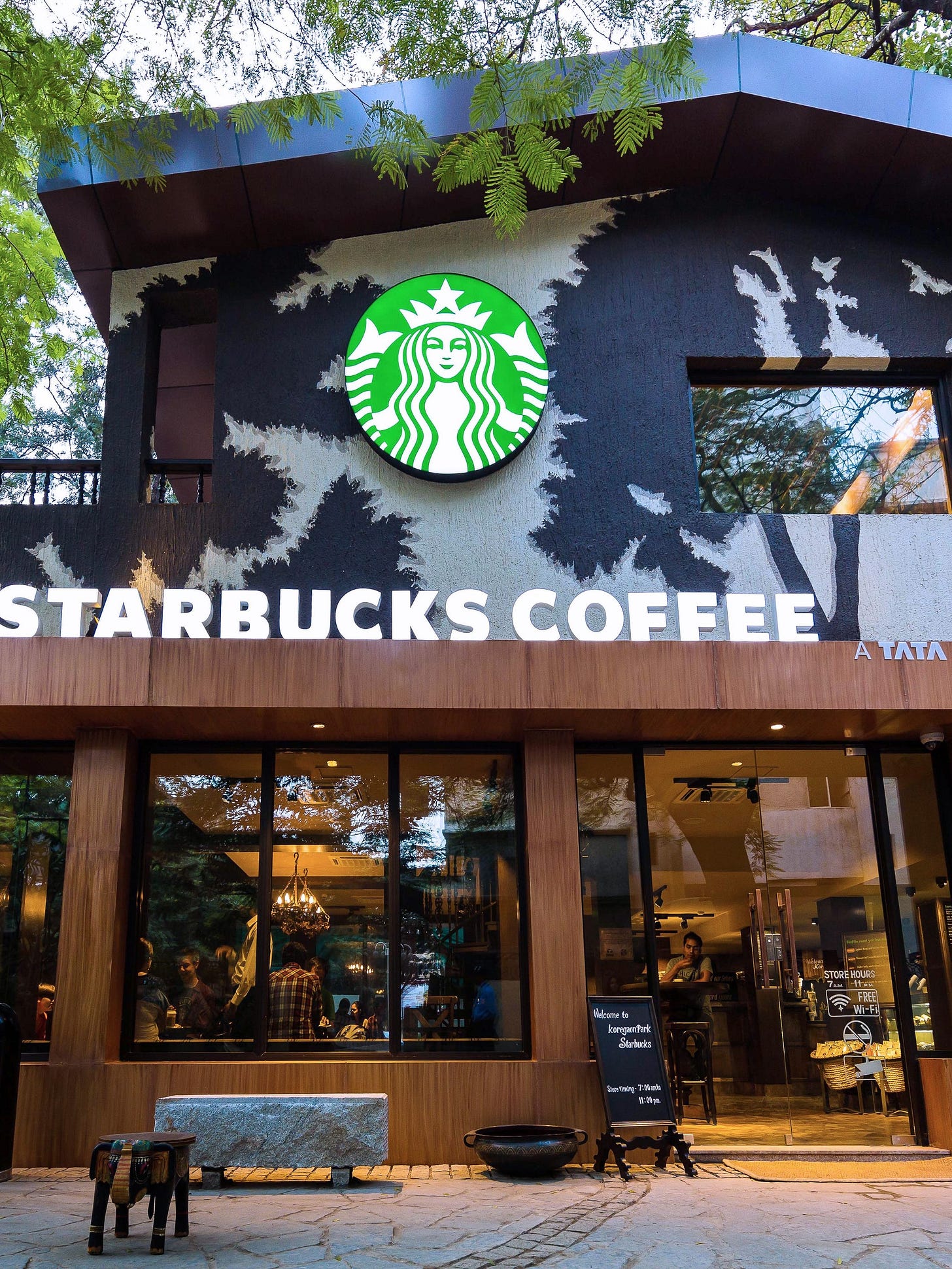06/06/2024: Disciplining a Non-Union Supporter to Disguise Discrimination Against Union Supporters is Illegal
More Starbucks violations.
Starbucks Corporation, JD(NY)-16-24, 29-CA-308059 (ALJ Decision)
This is an NLRB Administrative Law Judge decision finding that Starbucks violated Sections 8(a)(1) and 8(a)(3) of the National Labor Relations Act at its Caesar's Bay store in Brooklyn, NY. The key findings are:
Starbucks maintained an overly broad dress code rule prohibiting logos, writings or graphics on clothing, which unlawfully restricted employees' right to wear union t-shirts. The ALJ applied Republic Aviation Corp. v. NLRB, 324 U.S. 793 (1945), which held that restrictions on wearing union insignia are presumptively invalid absent special circumstances.
Starbucks selectively and disparately enforced the dress code rule by prohibiting union t-shirts while allowing other dress code violations. This disparate enforcement was unlawful.
Starbucks more strictly enforced the dress code rule in response to union activity, which was unlawful. The timing of the strict enforcement following union activity demonstrated unlawful motivation.
Starbucks unlawfully sent employees home early and issued them disciplinary "documented coachings" for wearing union t-shirts. Discriminating against employees for wearing union apparel is unlawful absent special circumstances under Tesla, Inc., 371 NLRB No. 131 (2022).
Starbucks unlawfully sent one employee home early for a dress code violation (non-union) in order to lend an air of legitimacy to its discriminatory actions against employees wearing union shirts. The ALJ cited Cayuga Medical Center at Ithaca, 367 NLRB No. 21 (2018) for the principle that discriminating against employees not engaged in protected activity to disguise discrimination against those who are is unlawful.
The ALJ ordered Starbucks to cease and desist from the unlawful conduct, rescind the overly broad dress code rule, remove the unlawful disciplines from employees' files, and make affected employees whole for lost earnings.
S.K.M. Restaurants, Inc. d/b/a Toad's Place, 01-RC-331745 (Regional Election Decision)
This is a decision by an NLRB Regional Director regarding a union representation petition filed by Local Union No. 74, IATSE seeking to represent certain employees at S.K.M. Restaurants, Inc., d/b/a Toad's Place, a live music and night club in New Haven, CT. The key issues and findings are:
The stage manager is not a supervisor under Section 2(11) of the NLRA. The employer failed to meet its burden to prove supervisory status, as the evidence of authority to hire, fire, discipline or assign work was lacking or conclusory. Golden Crest Healthcare Center, 348 NRLB 727 (2006) held that mere conclusory evidence is insufficient to establish supervisory authority.
The lighting director is not a managerial employee. The employer did not prove the lighting director has discretion in performance of their duties that exceeds the bounds of policies set by others, nor authority to control or implement employer policies. NLRB v. Yeshiva Univ., 444 U.S. 672 (1980) defined managerial employees as those who exercise discretion within or independently of employer policies.
The audio technicians are not independent contractors. Applying the common law agency test from the Restatement (Second) of Agency and entrepreneurial opportunity factors, the Regional Director found the employer failed to meet its burden to establish independent contractor status. The Atlanta Opera, 372 NLRB No. 95 (2023) recently reaffirmed this test.
The loaders are guards under Section 9(b)(3) of the NLRA and cannot be included in a unit with non-guards. The loaders perform essential security functions, enforce rules, and control access. Their guard duties are not minor or incidental. The Board in The Boeing Company, 328 NLRB 128 (1999) described typical guard responsibilities.
Because the petitioned-for unit improperly combines guards and non-guards, and the union does not wish to proceed with an election in a unit without the loaders, the Regional Director dismissed the representation petition.

